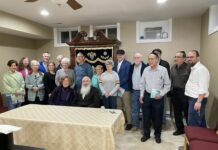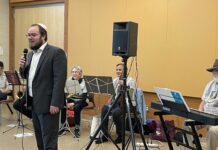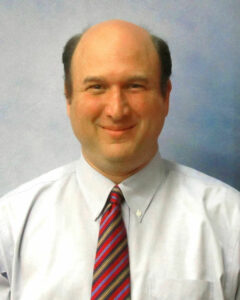
Rabbi Andrew Busch of Baltimore Hebrew Congregation began his rabbinical career at Rodef Shalom Congregation in Pittsburgh, getting to know the Jewish community there.
When a gunman killed 11 people at Pittsburgh’s Tree of Life synagogue building in 2018, Busch followed the story closely. He knew community members close to relatives of the shooting’s victims. On Aug. 3 of this year, Robert Bowers, convicted of killing 11 people in the 2018 mass shooting, was sentenced to death. But rather than use the sentencing as a moment to teach about the Torah’s writings on the death penalty, Busch mourned.
“My reactions … are not specifically about the death penalty but actually have to do with my heart and mind going back to those communities and those people in the Pittsburgh Jewish community as a whole,” Busch said.
“This is a moment to defer to the community that was directly impacted by the situation and not to get involved in the theoretical discussion,” he added.
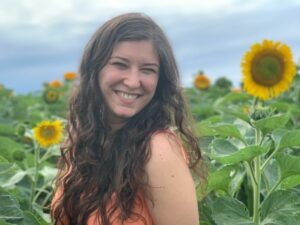
Following the sentencing, area rabbis across denominations are interested in meeting their community at this moment.
“I’m not here to tell somebody what the law says and argue outside of what humanity experiences. That’s the kind of rabbi that I am and want to be,” said Rabbi Emily Stern, spiritual leader at Reconstructionist synagogue Kol HaLev. “I can only speak to it on a pastoral level in the sense of like, God weeps. This is terrible.”
In the wake of the sentencing, rabbis have expressed profound sadness for the victims’ loved ones and community. Stern expressed that she hopes that the finality of a sentence will allow the families of the deceased to heal.
But more broadly, she feels sadness about the antisemitism that drove Bowers to commit the act of hate.
“My concern is more about communities, about the disconnection people feel. What could have driven him possibly to do that? And the horror of antisemitism and how disconnected from community [Bowers was]. Did he have anyone to advise him that was wise that could have said, ‘You’re clearly really angry, you’re clearly really struggling in life,’” Stern said.
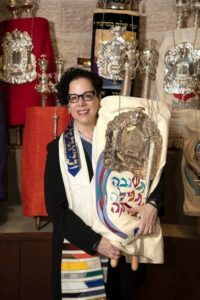
Rabbi Rachel Sabath Beit-Halachmi of Har Sinai-Oheb Shalom Congregation responded similarly, emphasizing the magnitude of the shooting.
“It’s a crime not just against the individuals who are so tragically murdered, but it’s a crime against all of the Jewish people. It’s a crime against humanity,” she said.
A Reform rabbi with a doctorate in Jewish philosophy from the Jewish Theological Seminary, Sabath upholds the Reform belief opposing the death penalty, but she was sympathetic to Jews who believed the death penalty was necessary in this instance.
Rabbinic thought on the death penalty throughout Jewish history mirrors the complexity of rabbinical thought today. Though permissible in rare circumstances, the death penalty is still viewed as a reprehensible punishment in the Talmud.
Rabbi Eli Yoggev of Orthodox synagogue Beth Tfiloh Congregation described what the Torah says about the application of the death penalty: “You have to have two witnesses to the murder. Murder has to be intentional. The murderer has to be warned in the moment that they’re doing a forbidden act,” he said.
When an alleged murderer is tried and sentenced, they must be convicted by a majority vote among 23 judges. Those judges must be of child-rearing age.
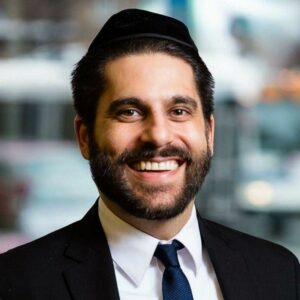
The Torah places rigid rules on the application of the death penalty because of Judaism’s high regard for human life, Yoggev said.
“There was a certain fear that courts would not be careful with some of the laws and then execute individuals unlawfully,” he said.
Over the centuries, Jewish thinkers have become even more sparing on the death penalty. Yoggev describes a famous story from the Mishnah where a rabbi said that if there was an execution once every seven years, it would be considered destructive. Later rabbis said that one execution every 70 years would be equally destructive.
Though the Talmud widely condemns the death penalty, it contains an asterisk of when it can be aptly applied. But today, some rabbis aren’t sure of what that application is.
“I don’t have a clear opinion when it comes to this,” Yoggev said.
Though congregants turn to their rabbis for clarity on moral issues and guidance on how to process the politics of the modern world using Jewish values, rabbis are occupying a similar vulnerable space as their congregants. In this case, they don’t have a clear answer on how to move forward.
“I just pray as a person that whatever unfolds in that way can bring some more peace, understanding, understanding of justice, to the world,” Stern said.



